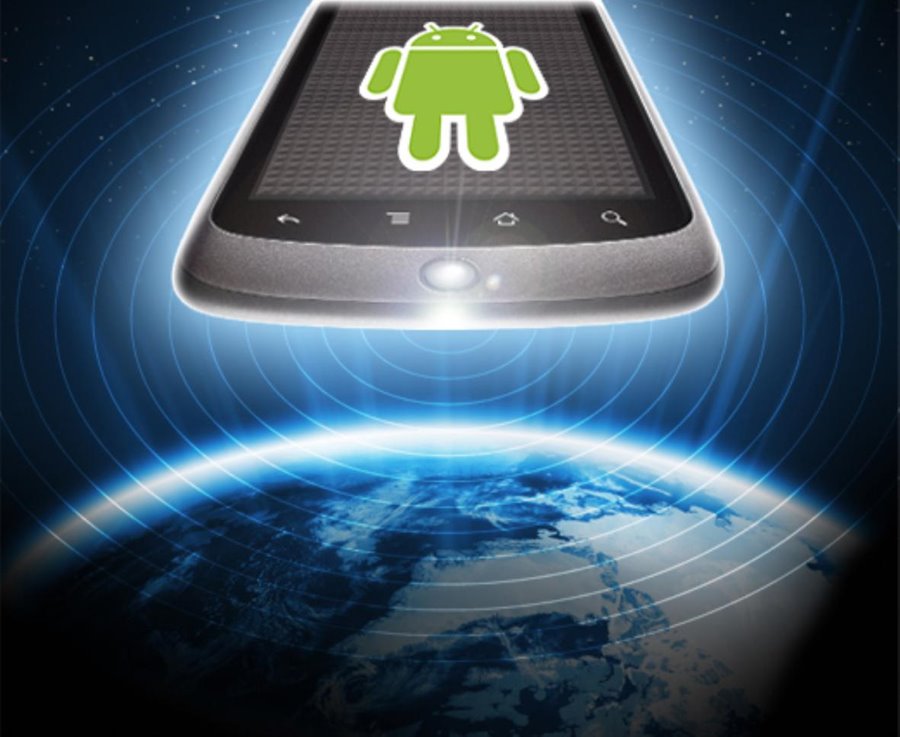
Surrey experts in space technology have today launched a Facebook competition challenging the British public to develop innovative applications that will run on its smartphone-powered satellite due for launch into space next year.
STRaND-1 (Surrey Training, Research and Nanosatellite Demonstrator) weighs just 4kg and is a collaborative effort between engineers at Surrey Satellite Technology Ltd (SSTL) and University of Surrey researchers. It is being built in their free time to test innovative ideas for lower cost space missions.
In the spirit of the mission, the four most creative, novel and fun ’App’ ideas will be selected to fly on the Android phone inside STRaND-1. Winners will be invited to STRaND’s Mission Control to observe their app on the nanosatellite as it orbits Earth.
STRaND-1 System Engineer Shaun Kenyon commented: “We’re looking for innovative entries that stand out from the crowd. You don’t need to be a rocket scientist, and there’s plenty to play with on a modern Smartphone – from a digital compass to a powerful processor that lets you do things like image recognition and Artificial Intelligence (AI). “It’s amazing what you can do with today’s mobile phone Apps and they only increase once the phone is flying in space – above all it’s cool!”
Dr Chris Bridges, based at the Surrey Space Centre (SSC) at the University of Surrey, added: “Today’s mobile phones are incredibly powerful and hold huge potential for low cost research missions. We want to encourage the UK’s budding scientists and programmers to come up with exciting new ideas to harness this exciting technology in space.”
Contestants can employ built-in features such as a high performance processor, compass, 3-axis accelerometer, not to mention a high resolution 5 megapixel camera that has a window pointing out to space. GPS position and velocity is available but not from the phone itself. USB and Wi-Fi provide interfaces with the satellite subsystems that, for example, allow it to communicate with Earth.
The Space App competition opens on August 1st 2011 and is open to any UK citizen who thinks they can write a working Android mobile phone App in a few months. The App must be not-for-profit and would preferably have an aim to get students and pupils interested in science and technology, although innovative applications that are just plain fun will also be taken into consideration.
Contestants have until 9am GMT on the 2nd September 2011 to submit their App concepts via the Surrey Nanosatellites Facebook page and the top four entries will be selected to fly on STRaND-1 within two weeks of the competition closure and the App software must be submitted by 31 December 2011.
About SSTL
Surrey Satellite Technology Limited (SSTL) is the world's leading small satellite company, delivering operational space missions for a range of applications including Earth observation, science and communications. The Company designs, manufactures, launches and operates high performance satellites and provides ground systems – all for for a fraction of the price normally associated with space missions – with over 350 staff working on turnkey satellite platforms, space-proven satellite subsystems and optical instruments.
Since 1981 SSTL has built and launched 34 satellites – as well as providing training and development programmes, consultancy services, and mission studies for ESA, NASA , international governments and commercial customers, with its innovative approach that is changing the economics of space.
Based in Guildford, UK, SSTL is owned by EADS Astrium NV.
www.sstl.co.uk
About Surrey Space Centre
The Surrey Space Centre (SSC), a Research Centre of the Faculty of Electronics and Physical Sciences (FEPS) at the University of Surrey, is a world leading Centre of Excellence in Space Engineering, whose aim is to underpin the technical development of the space industry through its advanced research programmes. SSC, comprising over 90 researchers and, faculty develops new innovative technologies which are exploited by the space industry.
Surrey's pioneering small satellite activities started in 1979 as an academic activity at the University, leading in 1985 to the formation of a highly successful spin-out company – Surrey Satellite Technology Ltd. (SSTL).
SSC provides well-focused space engineering education, postgraduate and industrial short courses, training the next generation space scientists, engineers, entrepreneurs and business leaders. It has a large body of PhD, academic and industrial research, with a direct route through SSTL for rapid commercialization.
SSC's Academic Research Laboratories cover advanced multidisciplinary small satellite and space system engineering techniques for Earth orbit and interplanetary space; innovative communications, remote sensing, robotics and space science payloads for small satellites; and enabling technologies for low cost space exploitation and planetary exploration, working in close collaboration with SSTL.